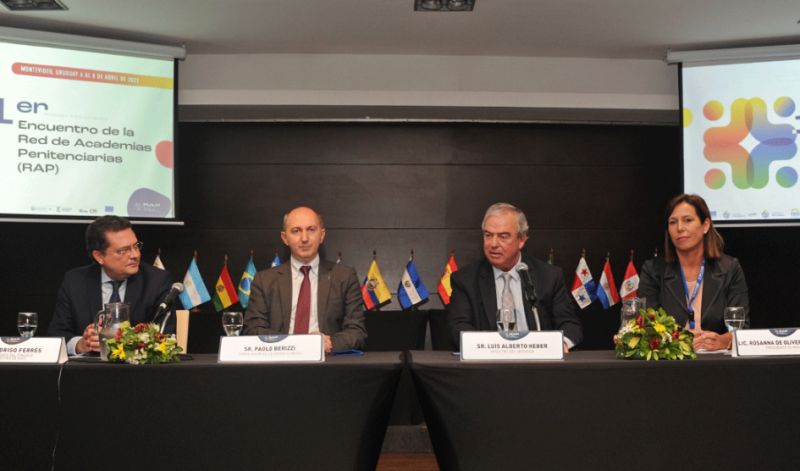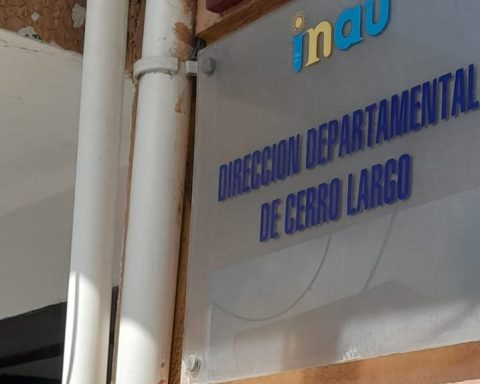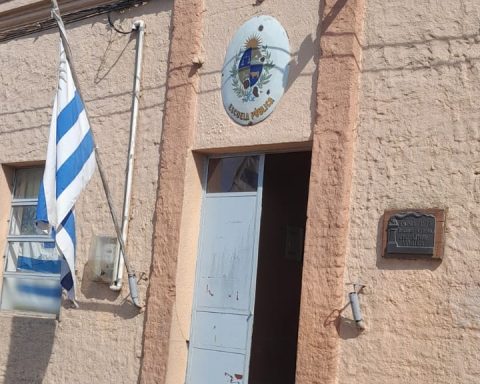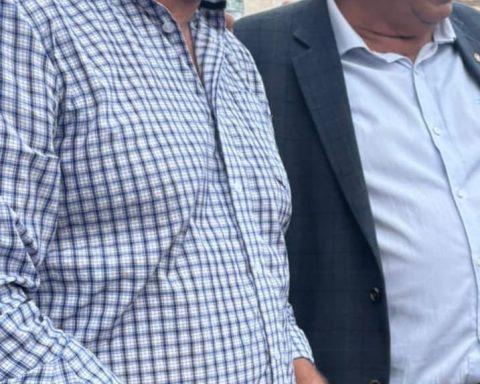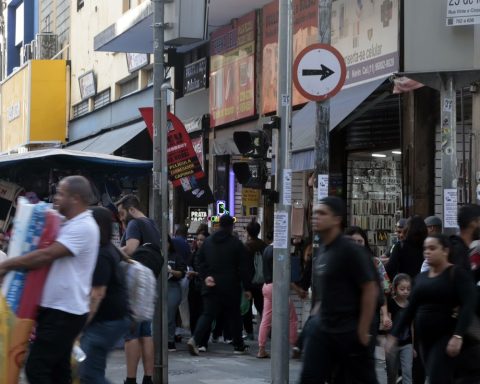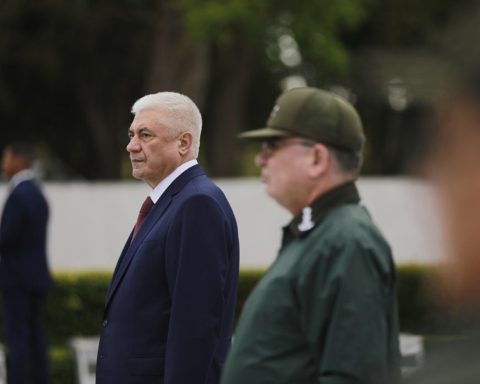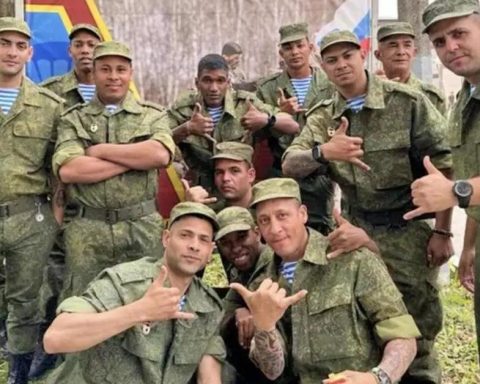At the opening of the first meeting of the Network of Penitentiary Academies, this April 6, the Deputy Secretary of the Presidency, Rodrigo Ferrés, highlighted that having programs or areas to exchange experiences and good practices helps to formulate tools to combat organized crime. On the day, the National Institute for Adolescent Social Inclusion (Inisa) announced the creation of its academy.
Ferrés was accompanied at the meeting held between April 6 and 8 in Montevideo by the Minister of the Interior, Luis Alberto Heber; the Minister of Social Development, Martín Lema; the president of Inisa, Rosanna de Olivera; the ambassador of the European Union, Paolo Berizzi; the director of Coexistence and Citizen Security, Santiago González; authorities from the Uruguayan Agency for International Cooperation (AUCI), the Assistance Program against Transnational Organized Crime, the National Rehabilitation Institute and representatives from Argentina, Brazil, Chile, Colombia, Costa Rica, Ecuador, El Salvador, France, Italy and Paraguay.
In his role as executive director of the AUCI, Rodrigo Ferrés alluded to the relevance of international cooperation in order to establish a joint effort in the fight against organized crime, which is a multilateral and transactional phenomenon, he added.
“We can articulate sectors of the police, prison and justice system, all spaces that need institutional strengthening, specialization and coordination of agents involved in the fight against organized crime.”, Held.
For his part, Luis Alberto Heber stressed that it is necessary to learn from international experiences, especially from complex situations and, in that sense, this cooperation is fundamental, he added.
In his opinion, it is possible to find better ways to address and respond to the problem that addictions represent in the prison system. “The government is making a lot of efforts to improve, but it will take time. This is the first step we take for that”, reflected Heber.
In his turn, Paolo Berizzi specified that the support and cooperation granted by the European Union to Latin American countries is one of the main guidelines in security and in the fight against organized crime, because it affects social life and economic growth.
New Inisa Penitentiary Academy
Rosanna de Olivera highlighted that this Wednesday the 6th the symbolic foundation stone for the establishment of the Inisa academy will be laid, which will start operating in 2023.
The curriculum was selected for the purpose of professionalizing educators regarding direct dealings with adolescents, to help the daily relationship and to carry out the necessary socio-educational measures to insert them into society, he explained.
De Olivera added that the institute has 700 officials dealing directly with adolescents, and the goal is for all of them to professionalize themselves to serve the 290 young people in prison and the 300 who are under alternative measures. In this sense, he pondered that it has been possible to reduce the hours of confinement of young people with the implementation of various socio-technical and sports tasks.
